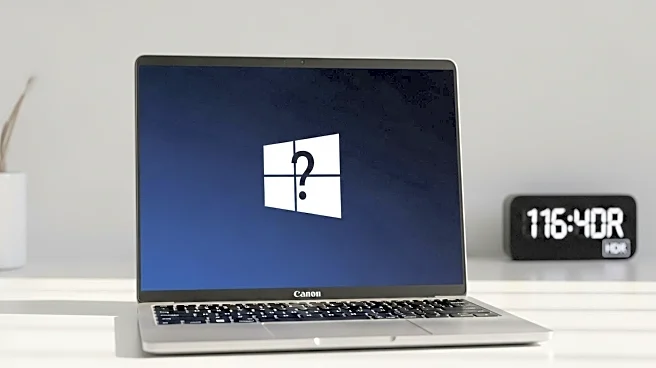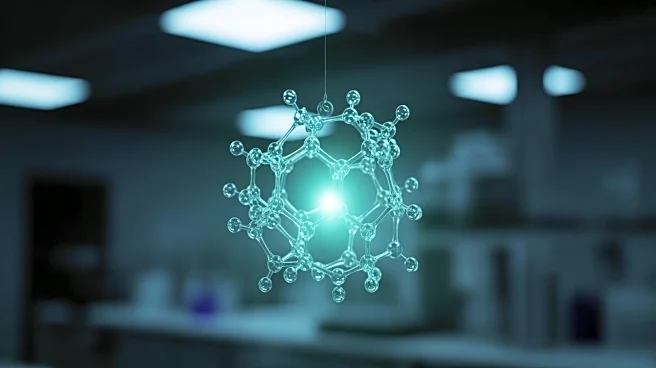What is the story about?
What's Happening?
Many users are choosing to stick with Windows 10 even as Microsoft plans to end support for the operating system in October. The reluctance to upgrade to Windows 11 is driven by hardware compatibility issues, with older PCs not meeting the requirements for the new OS. Users are hesitant to invest in new hardware when their current systems function adequately. Additionally, Windows 11 has faced criticism for bugs and glitches, further discouraging users from transitioning. The sentiment among users is that Windows 10 continues to meet their needs without the need for costly upgrades.
Why It's Important?
The decision by users to remain on Windows 10 highlights concerns about planned obsolescence and the financial burden of upgrading hardware. Microsoft's push for users to adopt Windows 11 may not align with consumer preferences, potentially impacting the company's reputation and user satisfaction. The resistance to upgrade also underscores the importance of addressing software stability and compatibility issues in new releases. As users continue to rely on Windows 10, Microsoft may need to reconsider its approach to encouraging upgrades and supporting legacy systems.
Beyond the Headlines
The resistance to upgrading to Windows 11 raises questions about the sustainability of tech consumption and the environmental impact of e-waste. As users hold onto older devices, there is a growing need for companies to support longer product lifecycles and reduce the pressure to constantly upgrade. This situation also highlights the importance of developing software that is accessible and functional across a range of hardware, promoting inclusivity and reducing the digital divide.















